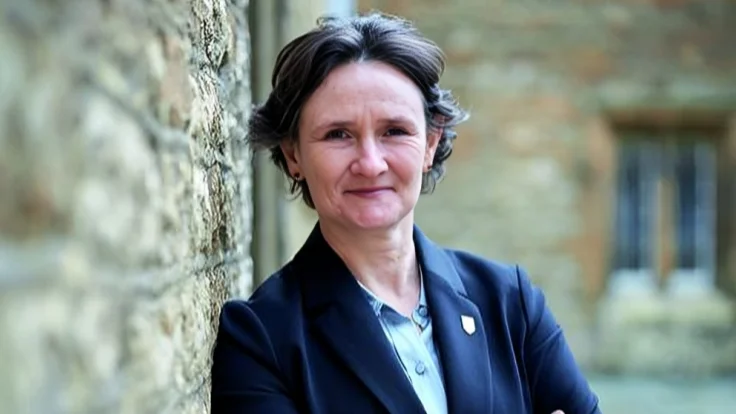Judges around the world are increasingly involved in addressing climate change, issuing significant rulings that challenge governments on their climate policies. A recent study from Oxford’s Bonavero Institute of Human Rights examines how courts use human rights arguments to craft climate remedies and explores why these judicial victories often struggle to produce real-world results.
The research reviewed 15 global climate decisions and identified four main ways courts influence climate governance. Courts ensure that existing national laws are enforced, require new legislation, demand independent oversight, and emphasize access to justice for those most affected by climate change.
One example highlighted is a case in Pakistan where lawyer Asghar Leghari challenged the government over its failure to implement its National Climate Change Policy. The Lahore High Court ordered action, stating that "climate change [is] a ‘defining issue of our time’" and recognizing the negative impact on citizens' rights.
In South Korea, the Constitutional Court directed the government to develop measurable post-2030 climate targets after finding current frameworks insufficient for protecting constitutional rights. In Colombia, the Supreme Court mandated ‘intergenerational guardianship councils’—including youth—to oversee Amazon deforestation reduction efforts. Meanwhile, the European Court of Human Rights ruled in favor of Swiss women seeking access to justice as part of effective climate protection.
Despite these advances, implementation remains difficult. Political resistance often arises due to ideological opposition or because political cycles do not align with long-term climate mandates. The complexity of coordinating across multiple government agencies further complicates matters. Economic consequences can also create societal tensions about who bears costs and who benefits.
To address these barriers, researchers propose four principles for designing more effective judicial remedies: balancing specificity with adaptability; grounding orders in scientific evidence while allowing flexibility as knowledge evolves; aligning remedies with institutional capacity; and ensuring accountability through transparency and regular reporting.
Professor Başak Çalı said: "Judges can’t solve the climate crisis alone – winning in court is only half the battle. But if their rulings are smart and can garner political and societal support, they can help turn paper victories into real progress."
The study concludes that human rights-based litigation will remain an important tool in holding states accountable for mitigating climate change and protecting vulnerable communities.
For further information or republishing inquiries, contact [email protected]

